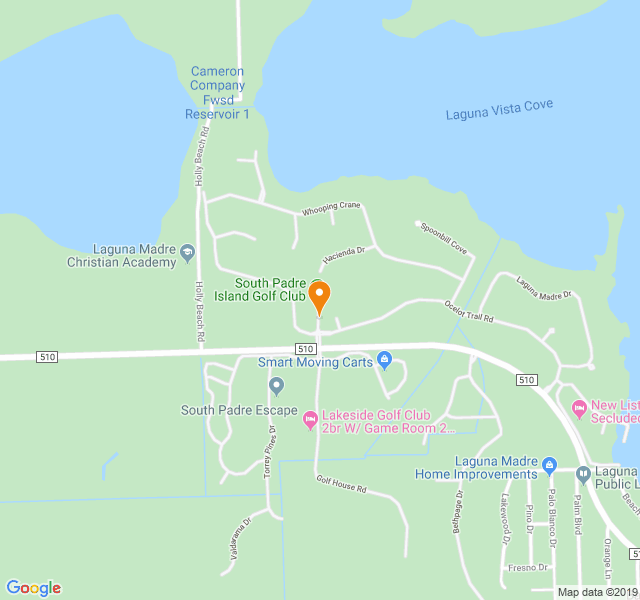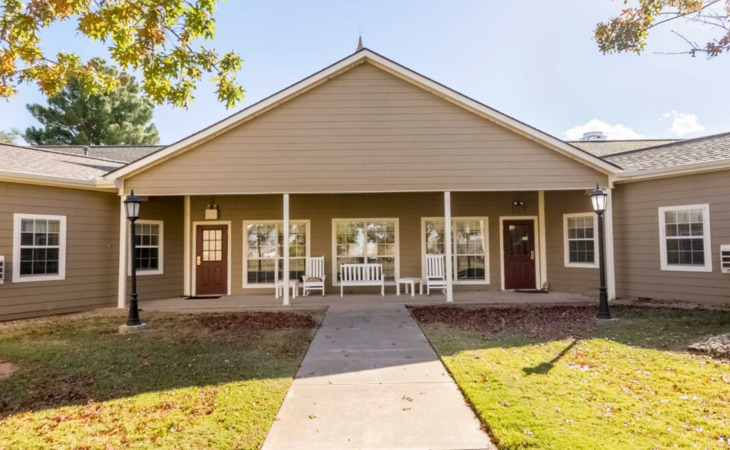Table of Content
Waivers usually require medical and financial eligibility, but state waiver eligibility requirements may not be exactly the same as state Medicaid eligibility. Other funders for HCBS might include your tribe or private long-term care insurance held by your patients. The most common form of home health care is some type of nursing care depending on the person's needs. In consultation with the doctor, a registered nurse will set up a plan of care. Nursing care may include wound dressing, ostomy care, intravenous therapy, administering medication, monitoring the general health of the patient, pain control, and other health support. PREVENTIVE CARE SERVICES means covered healthcare services performed to prevent the occurrence of disease as defined by the Affordable Care Act .

Adult day care- A place that provides supervised care and activities during the day. Your MCO will help you to determine what services below will meet your needs. Before trying to find home care near you, determine what level of care and services are needed. Lindsey Crossmier is an accomplished writer with experience working for The Florida Review and Bookstar PR. As a financial writer, she covers Medicare, life insurance and dental insurance topics for RetireGuide. Our calculator will help you determine the life insurance policy size that best fits your circumstance. Transitional care is the process of maintaining quality of care while elders and persons with disabilities transition to or from hospital or nursing home facilities and residential or home settings.
More Definitions of Home Care Service
The home care service industry has grown from only eleven hundred such programs in 1965 to more than twenty thousand currently (National Association for Home Care, "Basic Statistics," March 2000). The fastest growing segments of home care have been hospital-based programs and those that operate for a profit and are unaffiliated with other agencies or organizations. Freestanding for-profit agencies comprise 41 percent of Medicare-certified home care programs, followed by hospital-based agencies, which represent 30 percent (National Association for Home Care, "Basic Statistics"). There are several types of organizations providing home care services to the aged, some of which offer one type of service exclusively while others provide a variety of integrated services. Most home care services are available twenty-four hours a day, seven days a week throughout the year.

View Chickasaw Nation Elder Health Programs-a webinar on the holistic HCBS programs provided by Chickasaw Nation to support quality of life for elders. Program of All-Inclusive Care for the Elderly combines many services into one comprehensive program and often combines Medicare and Medicaid eligibility. There are many possible approaches for your program, and many ways that programs can partner together to provide a wider range of services to their communities. Creating and maintaining an HCBS program benefits the community and the individuals served in many ways. However, there are several challenges to consider that come along with this type of program. Dietitians can come to a patient's home to provide dietary assessments and guidance to support the treatment plan.
Nursing care
If you have a Medicare Supplement Insurance policy or other health insurance coverage, tell your doctor or other health care provider so your bills get paid correctly. Home health aide services means the personal care and maintenance activities provided to individuals for the purpose of promoting normal standards of health and hygiene. Services that are covered include skilled nursing care, physical therapy and occupational therapy.

Fire Service means any deployment of firefighting personnel and/or equipment to extinguish a fire or perform any preventative measure in an effort to protect equipment, life, or property in an area threatened by fire. It also includes the deployment of firefighting personnel and/or equipment to provide fire suppression, rescue, extrication, and any other services related to fire and rescue as may occasionally occur. The following checklist of questions recommended by the National Association for Home Care are to be asked of those individuals and organizations whose names were given as references by the home care provider. Volunteers can play a critical role by offering a variety of services including friendly visiting, transportation service, meal delivery, and running errands. Attendant care- The same kinds of help you get with personal care visits, but for longer periods of time.
Changing face of home care services
We provide high quality, individualized care for patients of all ages where you feel most comfortable – your home or community. Our services and equipment are designed to help you regain and retain a level of independence. Home health aides can help the patient with his or her basic personal needs such as getting out of bed, walking, bathing, and dressing. Some aides have received specialized training to assist with more specialized care under the supervision of a nurse. Care is provided through visits from specialized clinicians that last up to an hour, on a short-term basis until individual goals are met. Medigap insurance, as the name implies, is designed to bridge many of the gaps in Medicare coverage.
Certain laboratory tests, such as blood and urine tests, can be performed in the comfort of the patient's home. In addition, portable X-ray machines allow lab technicians to perform this service at home. This means they must communicate regularly with you, your doctor, and anyone else who gives you care.
What Home Care Services are covered in CHOICES?
“Healthcare Services” does not mean management of patient care, such as through population health programs or employee or group wellness programs. Various types of private insurance policies provide home care benefits, each with its own eligibility requirements and array of covered services. Commercial health insurance companies often provide some coverage for short-term acute care in the home, but availability of reimbursement for long-term home care is less common. Such policies frequently have cost-sharing provisions requiring that the insured pay some part of the cost of home care services. Medicaid, a program for low-income individuals, is a joint federal-state medical assistance program.

To qualify, a doctor must confirm that you require home health care assistance and that you are homebound. The other reason is because Medicare only offers coverage for part-time home health care. If you require full-time home health care, then it is not covered by Medicare and costs may double. For example, if you were to need home health care for 40 hours a week, it would cost you about $4,160 per month.
Having a familiar face come regularly to guide them throughout their day could ease the confusion that comes with memory issues. Estimate how long you'll live and explore retirement options for a long life. Transitional care occupies an increasingly important role as HCBS becomes the LTSS delivery mechanism of choice. Read a profile page on the network of HCBS offered by Zuni Pueblo through a variety of partnering agencies. To more fully access Medicaid and state HCBS, the Oneida Nation became the lead agency for a state waiver.

Know that home health care is the only option that offers skilled medical services. Understanding the services offered by each type of home care can help you decide which type is best for you or your loved one. The Home Care Services Bureau is responsible for licensing Home Care Organizations including processing applications, receiving and responding to complaints and conducting unannounced visits to ensure compliance. HCSB is also responsible for the Home Care Aide application process and maintenance of the Home Care Aide Registry. This law is intended to promote consumer protection for elderly and disabled individuals who hire private aides to come into their homes and provide assistance with activities of daily living. Sometimes government programs or your health insurance will help cover the cost of certain home care services.
Consumer Directionis a way of getting some of the home care you need that offers more choice and control over WHO gives your home care and HOW your care is given than receiving CHOICES services and not consumer directing. You actually employ the people who provide some of your home care services - they work for you . This means you must be able to do the things that an employer would do - like hire, train, and schedule workers.

Selecting an agency that will provide you with home care services is an important and often difficult decision. Generally speaking, the agency must have the necessary experience in providing the kind of care that is needed and be able to provide it effectively. The agency must be able to demonstrate that it has properly trained and supervised staff to care for the patient. Talking to trusted relatives, friends, and professionals (such as one's doctor) about the agency can help with decision-making. The National Association for Home Care offers the following checklist of questions to ask when determining which home care provider to use.
Personal care services means physical or verbal assistance with activities of daily living and instrumental activities of daily living due to functional limitations. Does this provider supply literature explaining its services, eligibility requirements, fees, and funding sources? Many providers furnish patients with a detailed "Patient Bill of Rights" that outlines the rights and responsibilities of the providers, patients, and caregivers alike. An annual report and other educational materials also can furnish helpful information about the provider. Home health aides assist patients who cannot manage their activities of daily living alone. They may provide help with toileting, dressing, meal preparation, and transferring as well as offer companionship to the isolated.













